Stamp Duty In Nigeria: All You Need to Know About POS N50 Stamp Duties Charges
- November 26, 2019
- Blog
Stamp duty is a tax on an instrument. It is one of the types of taxes and is managed by the commissioner of stamp duties who may be appointed from within the service.
As expected, many Nigerians are not happy after the announcement of POS N50 Stamp duty by CBN instructing all DMBs (Deposit Money Banks) in the country to place a N50 charge on every transaction from N1,000.
Before now, the fee paid by merchants on the aggregate POS transactions carried out on a particular period, which was never passed to customers.
The extra charge on customer’s transaction followed a CBN’s directive to banks to charge N50 Stamp Duty on individual transactions, rather than merchants’ accounts.
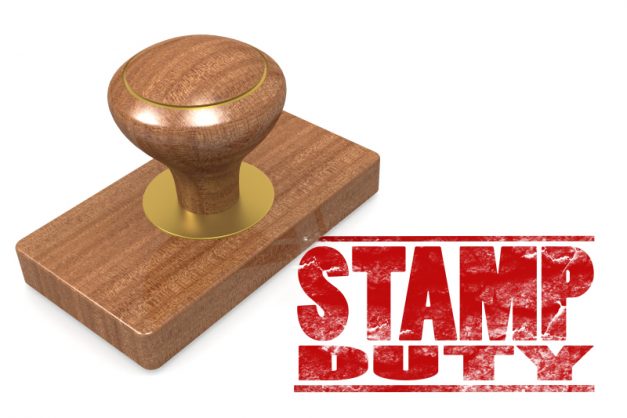
In order to avoid any further confusion, below are some things you need to know about the CBN’s N50 stamp duty:
- This Act was passed into law called the Stamp Duties Act 2004 and Federal Government Financial Regulations 2009.
- The Stamp Duty charge is not being imposed by the Banks, but by the Federal government through the CBN.
- Electronic transfers from N1000 and above is eligible and will be charged N50 stamp duty.
- The N50 Stamp Duty will be charged per transaction and not per volume; that is any transactions from N1,000 and above.
- The money collected does not belong to the Banks, but the Federal Government. The Banks are only a channel for collecting and remitting the money to the Federal Government.
The NIBSS data showed the total volumes of POS transactions for 2017 stood at 146.3 million which was worth N1.4 trillion; 285.9 million transactions in 2018 worth N2.3 trillion and 187.7 million for six months- January to June 2019 worth N1.4 trillion.
More from our blog
See all postsRecent Posts
All Website Tags
Leave a Comment cancel
This site uses Akismet to reduce spam. Learn how your comment data is processed.


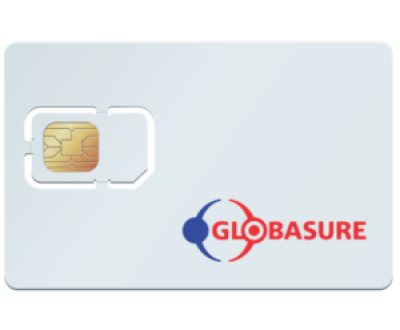

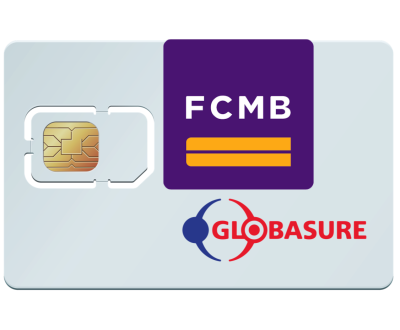
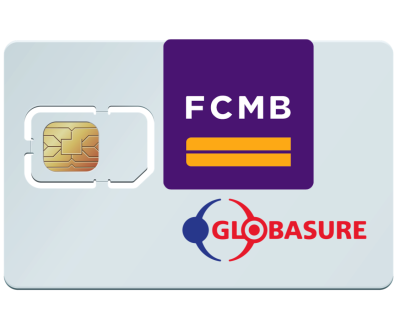
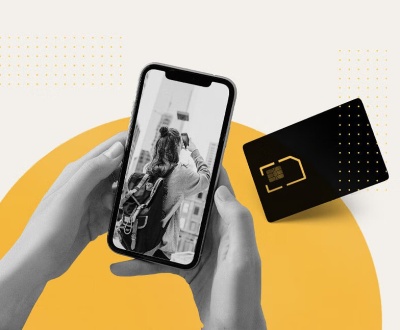

 WhatsApp us
WhatsApp us